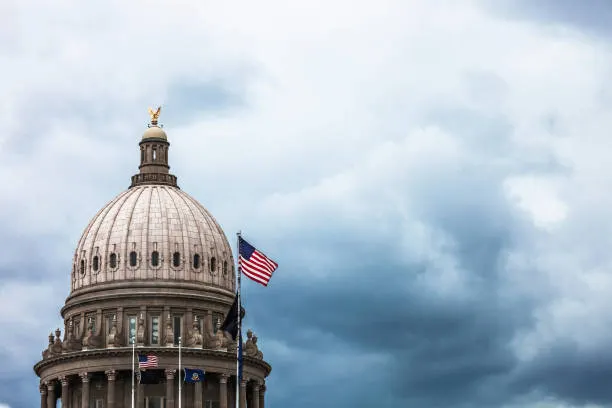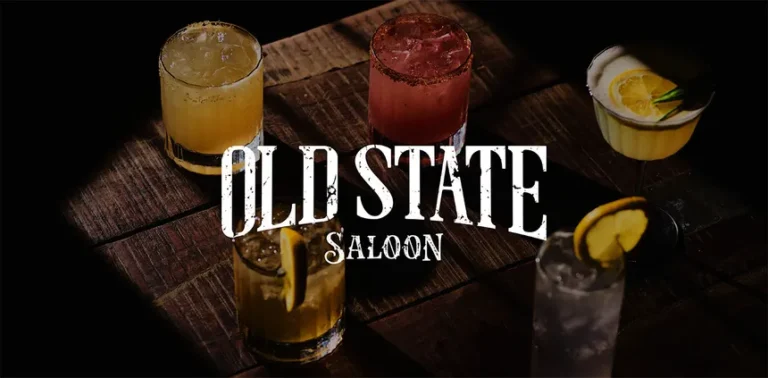
Legal Action Targets House Bill 93 Over Public Education Funding
A coalition of education groups and public school advocates has filed a legal petition with the Idaho Supreme Court to stop the implementation of House Bill 93, a recently passed law that creates a tax credit for private school tuition.
The legislation, passed by the Republican-controlled Idaho Legislature earlier this year and signed into law by Governor Brad Little, is scheduled to take effect in January 2026. It authorizes up to $50 million annually in tax credits for families sending their children to private schools, with individual awards up to $5,000 per student and up to $7,500 for students with special needs.
Lawsuit Alleges Violation of Idaho Constitution
Opponents argue that House Bill 93 undermines the state’s constitutional obligation to maintain a “general, uniform and thorough” public education system. They contend that redirecting taxpayer dollars to private institutions — which are not subject to the same public standards — threatens both accountability and equity.
Daniel Mooney, a Boise attorney and head of the Committee to Protect and Preserve the Idaho Constitution, said at a press conference that the law fails to uphold the constitutional mandate for public education.
“Diverting taxpayer funds to an assortment of private institutions does not fulfill the state’s duty to establish a uniform system of education,” Mooney stated.
Coalition Backed by Educators, Lawmakers, and Advocacy Groups
The petition is supported by the Idaho Education Association, the Moscow School District, and organizations such as Mormon Women for Ethical Government. Individual plaintiffs include former Republican State Superintendent Jerry Evans and sitting Representative Stephanie Mickelsen (R-Idaho Falls), who joined the challenge despite her party’s support for the bill.
The coalition has retained Boise law firm Hawley Troxell to represent them in court.
Paul Stark, Executive Director of the Idaho Education Association, said the law lacks transparency and fails to ensure proper oversight of private schools receiving public dollars. He noted that the law does not require those schools to meet the standards imposed on public schools, such as open enrollment, curriculum disclosure, or academic testing.
Supporters Defend the Bill as Constitutional and Parent-Focused
Representative Wendy Horman (R-Idaho Falls), one of the bill’s sponsors, said she is confident the law is legally sound and aligns with both state and federal constitutions. She views the program as a way to increase educational options for families while encouraging public schools to improve.
“We believe this legislation will hold up under legal scrutiny,” Horman said. “It offers another pathway for students who are underserved by the current system.”
Governor Little has previously stated that Idaho can support both a strong public school system and parental choice.
Broader Legal Trend Mirrors Other States’ Challenges
The legal challenge in Idaho comes amid a growing number of similar lawsuits across the country, including in neighboring states like Utah, Montana, and Wyoming. Courts in some states, such as Utah, have already ruled against taxpayer-funded private school programs, citing constitutional limitations.
Mooney said the Idaho Supreme Court now faces a similar test: “Other states have upheld constitutional protections for public education. We trust Idaho’s court will do the same.”
Potential Broader Impact on Other Scholarship Programs
If the lawsuit succeeds in blocking the tax credit, other programs that offer public funds for education — such as Idaho’s Launch grants and Advanced Opportunities scholarships — could also face scrutiny. Horman acknowledged this possibility, stating it would be a consequence of how the courts interpret constitutional limits on education funding.
Related Coverage
- Idaho News – https://idahonews.co/idaho-news-3/




